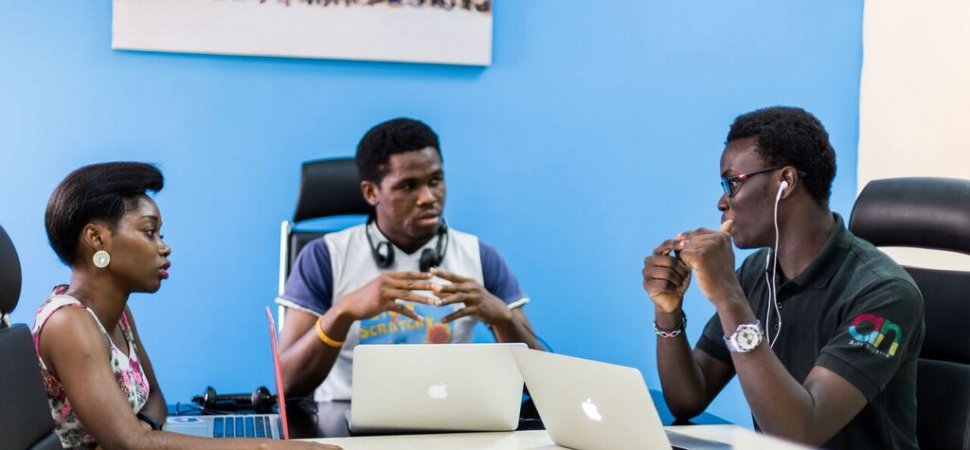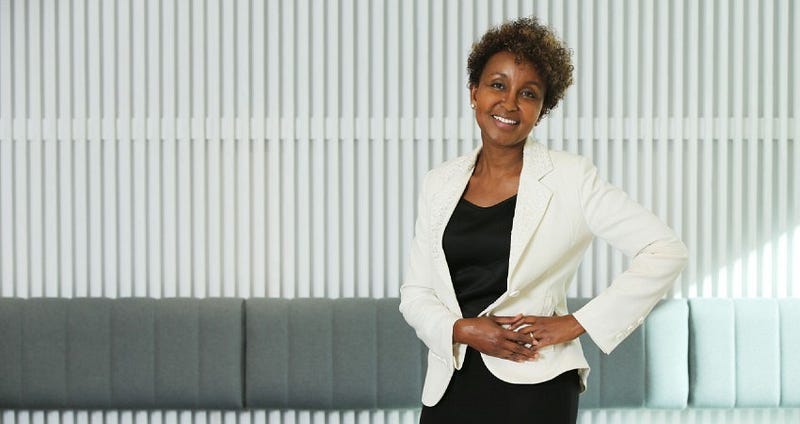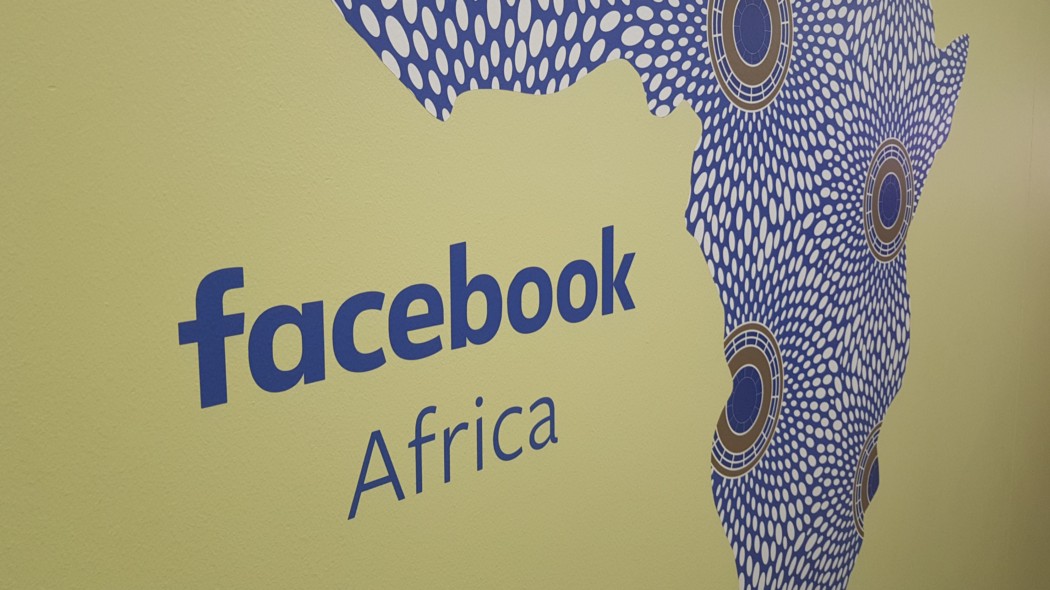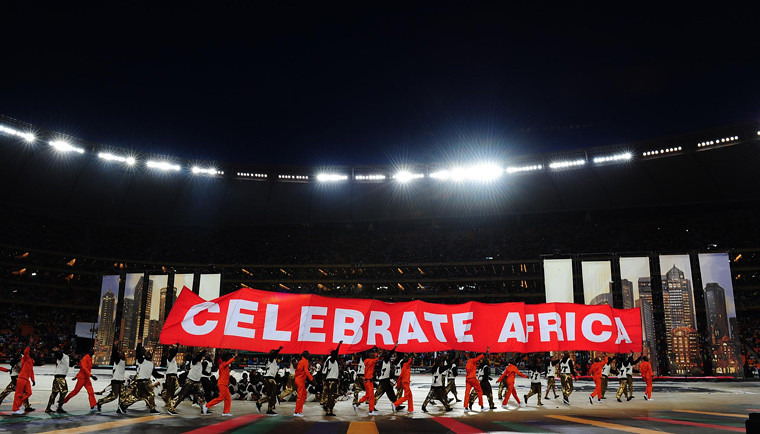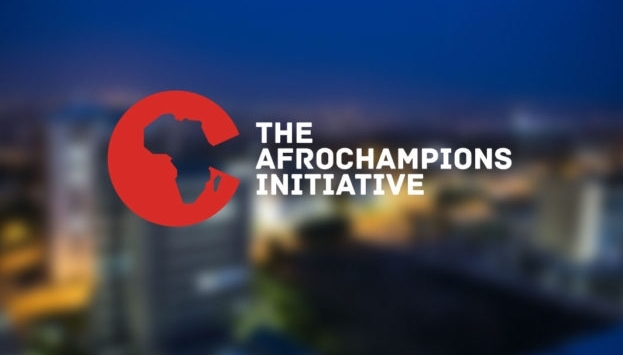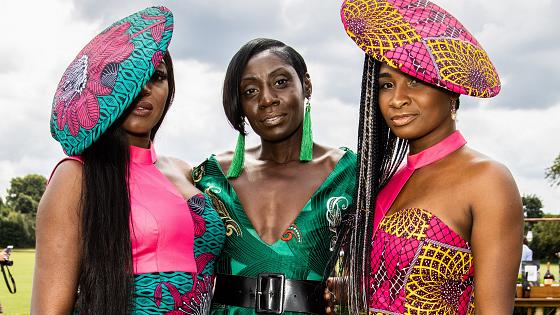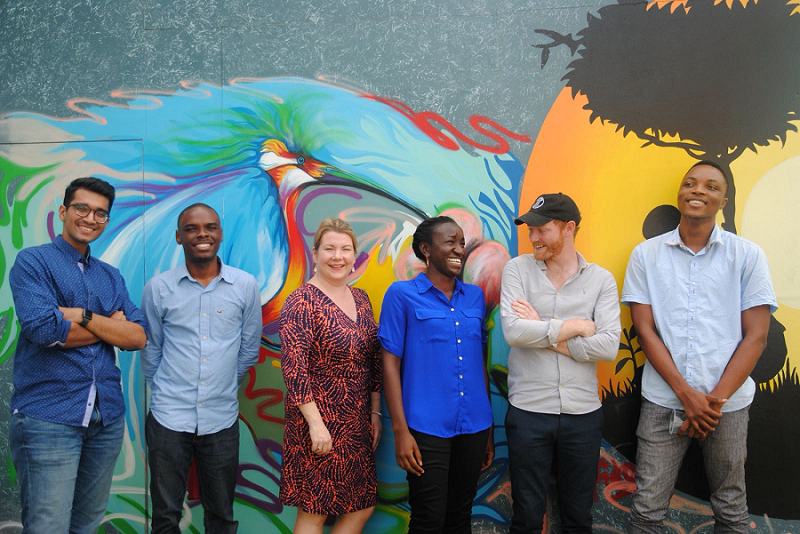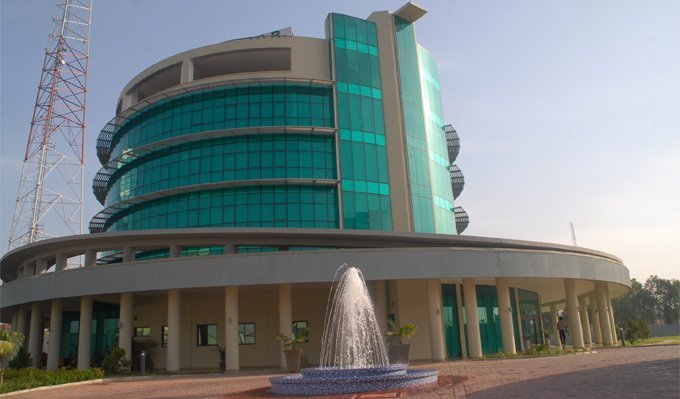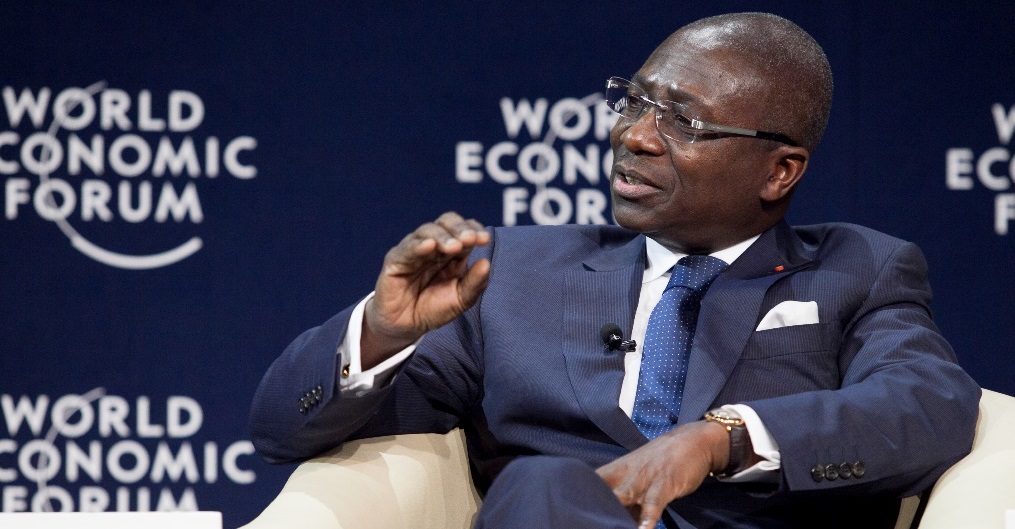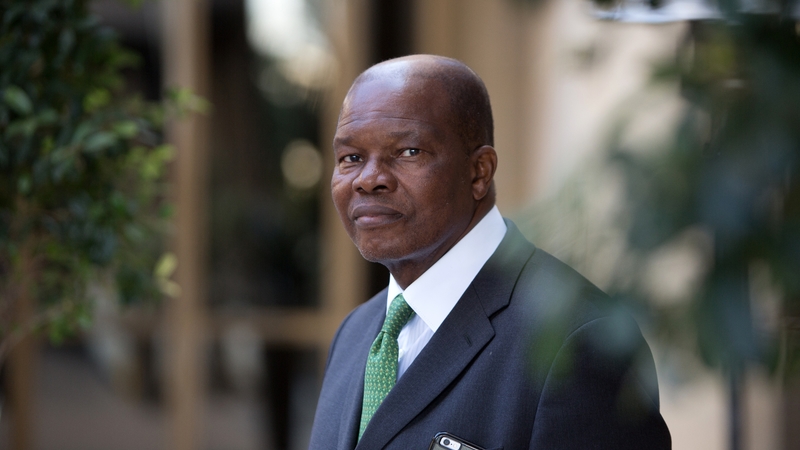Taking Risk: What African Startup Founders Are Saying
Of course, the most crucial moment at Amazon’s re: Mars conference in Las Vegas in June, 2019 would be when Jeff Bezos was asked his greatest piece of advice for anyone still wishing or already running a business.
“Take risk,’’ he was quoted as saying. ‘‘You have to be willing to take risk.’’
Bezos went as far as noting that if you have a business idea with no risk, it’s probably already being done.
“You’ve got to have something that might not work. It will be, in many ways, an experiment,’’ he said. ‘‘Many of those experiments will fail, but “big failures” are a necessary part of the journey toward success.’’
At a time when many African startup founders are increasingly opening themselves up for more funding, letting their doors wide open for equity and debt investors as well as launching bids to scale their operation, risk-taking or dreaming big has almost become inevitable. So, a question may be asked as to what role effective risk-taking plays in growing a startup, from the scratch to the point of a successful exit. A few African startup founders appear to have some suggestions.
Mostafa Kandil, the Egyptian co-founder of Swvl, advises startup founders to consider the path of risk.

‘‘Take risks because what you’re already doing is a risk in its own,’’he said. ‘‘You probably left a job to start a business so you’re already taking it. Make sure you keep doing it onwards a well.’’
Kandil describes the most difficult moment he had ever been faced with to be when he decided to quit Careem, a ride-sharing company similar to his startup. Having spent already spent six months there, it was a big deal to quit.
‘‘When I was leaving Careem, it was quire heartbreaking actually,’’he told MENABytes.‘‘I was in love with Careem. Although my stay at Careem was very short (6 months) but the amount of things I was able to learn in this short time was remarkable.’’
Kandil says it was really a big deal to abandon work for the uncertain terrains of founding a startup.
‘‘To be honest since I started,’’ he notes. ‘‘I have taken quite a few risks. I think the biggest risk was to shift from being Petroleum Engineer to doing something else. It was not easy to study something and then end up doing a completely different thing. Also, your parents could never really understand what you’re doing. When I called my mom to tell her how I made it to Forbes after Careem’s investment. She was like ‘good for you’.’’
Even though the coast may have been clearer for Kandil to predict the outcome of his risk-taking efforts, it leaves a little hint of darkness for Jamila Gordon, the former dish washer born to Somalian parents, who recently raised $3.5 million in a funding round led by the CSIRO-linked venture capital investor Main Sequence for her anti-slavery Australia-based blockchain startup, Lumachain. Gordon has built a culture of dreaming big, a good substitute for risk-taking, over time.
“My father said to me, ‘I might never see you again, but here’s what I would like you to take away,’” Gordon recalls. “The first principle was: ‘Make yourself useful’. For me, in business, that means driving value. The second piece of advice was to remember that wherever I ended up in the world, no-one would know who I was. So I was free to imagine myself as a piece of white cloth on which I could decide what would be written. When I look back now, that meant I should be the best possible version of myself. This has been a core value of mine over the years. The third piece of advice was to dream big. “Throughout my life, I’ve found myself constantly imagining what I can be. It’s a process of dreaming that never ends.”
Dreaming big (and a bit of luck nevertheless) has probably seen Gordon move quickly from escaping his war-torn Somalia to taking a shot at dishwashing in Australia before blossoming fully into a software developer, moving across different continents, and at different times working for the likes of IBM, Deloitte, Qantas as its Group CIO, CIMIC Limited, GetSwift among others.
“Resilience is like a muscle that can be developed over time. And the way to develop it is by consciously putting yourself in situations that stretch you,” she says.
“For example, if someone asks you to do a job you don’t feel fully equipped to do, don’t say no. Take it, and learn it on the job, because by consciously putting yourself in those kinds of situations you will learn so much.”
Charles Rapulu Udoh

Charles Rapulu Udoh is a Lagos-based Lawyer with special focus on Business Law, Intellectual Property Rights, Entertainment and Technology Law. He is also an award-winning writer. Working for notable organizations so far has exposed him to some of industry best practices in business, finance strategies, law, dispute resolution, and data analytics both in Nigeria and across the world

